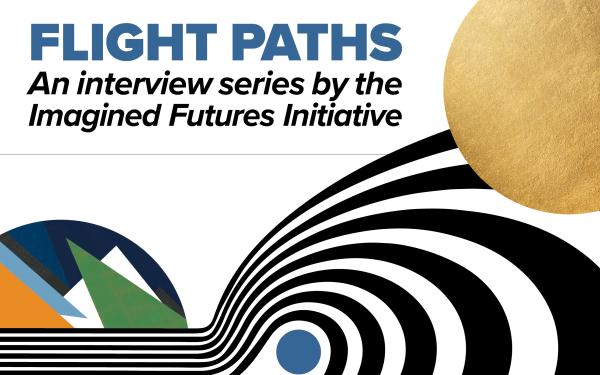Take action
Faculty, staff, and graduate programs can take the following actions to support graduate students’ career development.
At the time of recruitment and throughout the program, ask students open-ended questions that don’t presume a specific career path: “What might you like to do after you complete your degree?”
Refer to careers in the plural (see PhD Career Pathways resource for guidance regarding terminology). Notice where graduates of your program work and mention a variety of career outcomes to recruits and current students. Consider displaying diverse alumni career outcomes on your department’s website, social media and/or other outlets.
Encourage students to clarify the steps toward their career goals using an Individual Development Plan. The Imagine PhD tool supports each stage of planning.
Support students’ participation in project-based courses, internships, certificates, and summer jobs that help them build transferable skills.
Name the transferable skills students are developing in their graduate program. Writing, project planning, organizing data, managing people and other skills learned in graduate school have value.
Encourage students to pursue and document projects that demonstrate their skills (such as leadership roles, grant writing and public-facing projects) as well as academic publications. These help build a resumé.
Talk to students non-judgmentally about which parts of their work they like and which parts they don’t. (Do they love teaching but dislike writing? Love completing projects but dislike organizing them?) Use that reflection to help them think about lines of work that might fit.
Students can talk with their college’s career services office to find out about opportunities like coaching, workshops on preparing for the job search, and more.
Ohio State students, faculty, and staff have access to Beyond the Professoriate and Beyond Grad School, which is a career training platforms that offer information about searching for employment.
Students can connect with mentors working in their field of interest on LinkedIn or by attending professional meetings in that field. Informational interviews with professionals help students find their way—even if the advisor doesn’t know that field. Tips for these activities, as well as resumé and cover letter advice, are included in the Imagine PhD tool.
Students can look for career allies: faculty, staff, alumni of their programs and people working in the field of their choice who are willing to discuss career paths.
What does Imagined Futures do?
In 2025-26, Imagined Futures is enhancing capacity for graduate career support in the following ways:
- The Imagined Futures Career Allies Academy — a select cohort of faculty and staff — meets monthly to build and implement plans for sustainable integration of graduate student career development in programs across the arts, humanities, and humanistic social sciences.
- Imagined Futures works to un-silo the conversation about careers, bringing faculty, staff, and administrators into contact with career professionals and alumni and sharing insights across institutional divides.
- To help graduate programs and their stakeholders understand a rapidly changing employment landscape, Imagined Futures is gathering and disseminating information about the many career trajectories of Ohio State's graduate alumni.
- Imagined Futures has developed a template that assists departments and schools in gathering and using alumni data to inform the direction of their graduate programs. This template is now available. Email Mark Moritz (moritz.42@osu.edu) to learn more.
Want to know more? Faculty and staff can apply to the Imagined Futures Career Allies Academy, which helps them build sustainable supports into graduate programs.



